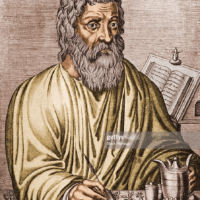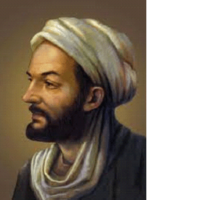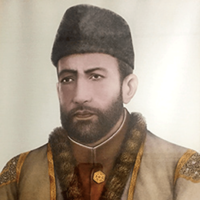
Unani system of Medicine is the oldest system of medicine which can be traced back to ancient Egypt and Babylon. As the system was originated in Egypt / Greece (Unaan), therefore this system is known as Unani system of Medicine all over the world. The Greece physician Hippocrates (Buqrat) (460-377 BC) was the first who freed Medicine from the realm of superstition & magic and gave it a scientific shape. The Unani system of Medicine is based on the humoural theory given by Hippocrates. He established the fact that human body consists of four humours (Akhlat) viz. Dam (Blood), Balgham (Phlegm), Safra (Yellow bile) and Sauda (Black bile).
Apart from Hippocrates, Dioscorides, (1st century AD) (military doctor in the Roman Army), Jalinoos (Galen) (131-210 AD), Rbban Tabari (850-900 AD), Abu Bakr Mohammed bin Zakaria Razi (Rhazes) (865-925 A.D.), Ibn Sina (Avicenna) (980-1037), Abul-Qasim Zahrawi (Albucasis) (936-1106 AD), Ibn Zohr (Avenzoar) (109 I -1161 AD), Ibn Rushd (Averroes) (1126-1198 AD) and many other Greek, Arab and Iranian author and physicians enriched the system with their endeavors.


The Unani system of Medicine reached India in 12th century via Rome, Arab and Iran and soon it took firm roots in the soil. Tughlaqs and the Mughal Emperors provided state patronage to the scholars of Unani System of Medicine. Unani Scholars like Abu Bakar bin Ali Usman , Ali Geelani, Akbar Arzani and Mohammad Hashim Alvi Khan had contributed a lot in the field of medicine & Surgery and enriched the Unani System Of Medicine with the written literature.
FUNDAMENTALS
Unani system of Medicine is based on the following fundamentals:
⦁ Anaasir (Elements): Theory of Anaasir-e-Arba (Four Element theory)
It is considered that the four primary elements viz. Fire (Naar), Air (Hawa) Water (Maa) and Earth (Arz) are responsible for building blocks of all substances in nature including the human body. This theory of the four primary elements was widely accepted by Hippocrates, Aristotle, Galen, Avicenna and other eminent scholars of the subsequent periods.
⦁ Mizaj (Temperament):
Temperament is a quality which results from mutual interaction and interpassion of the four apposite qualities residing within the (imponderable) elements. According to Unani theory, every individual has its own particular and Unique Mizaj “Tibbi mizaj” (Medical temperament). The disease becomes invasive in the case of Sue Mizaj (ill temperament)
⦁ Akhlat (Humours):
Hippocrates proposed Nazarya Akhlat-e-Arba (four Humoural theory ) and established the fact that human body consists of four humours (Akhlat) viz. Dam (Blood), Balgham (Phlegm), Safra (Yellow bile) and Sauda (Black Bile). Balance of these humours in the body is considered as health and Imbalance of the same is known as disease.
Nizam of Hyderabad till independence was also of high appreciation. It is an established fact that Hakim Ajmal Khan’s (1868-1927) efforts in connection with protection and development of Unani Medicine during British rule have high significance. He established Ayurvedic and Unani Tibbia College and Hindustani Dawakhana in Delhi for the education and practical training of Unani scholars. He was the first who understood the importance of scientific research in Unani Medicine and established a research lab 1920s in Ayurvedic and Unani Tibbia College, New Delhi.

